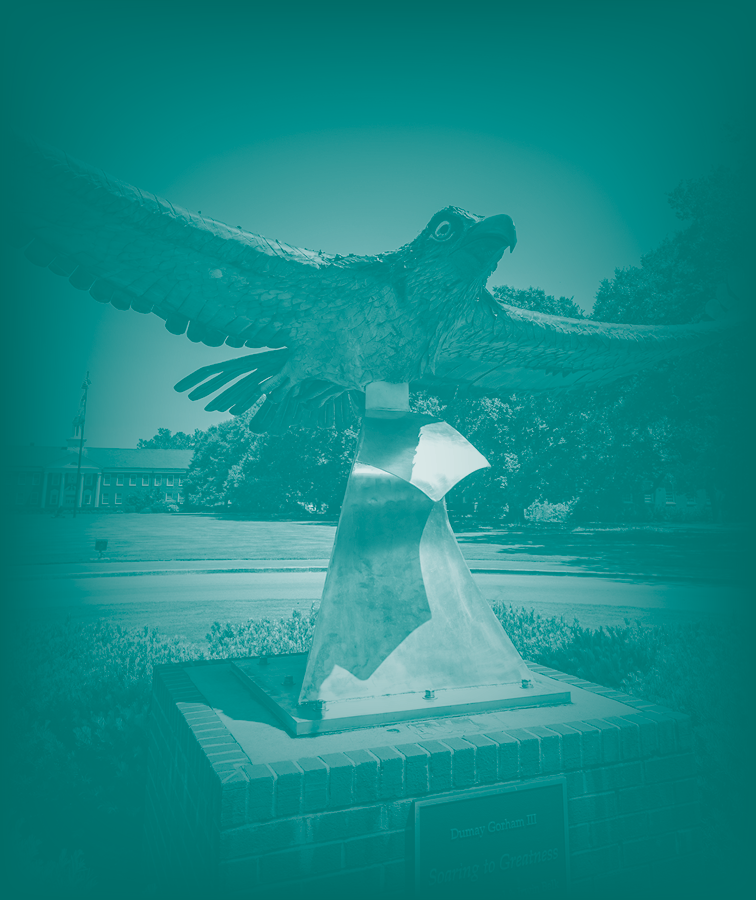Stephen McFarland
Professor
My teaching philosophy is fairly simple--to help students understand historical context and the connections between historical events and forces, but never at the cost of ignoring the historical story. Narrative history has fallen out of favor among academic historians, but for me the deepest historical analysis is nothing without knowledge of "what happened." The narrative is where history begins; understanding the bigger and broader forces behind events, however, is where history ends. This understanding comes from the interaction between student and instructor as well as student and student as we all learn together.
My graduate education was in Middle East studies with a specialty of Iranian history. My master's thesis focused on reform in Iran in the 1960s and 70s, my doctoral dissertation on the internal crises in Iran during and immediately after World War II. The Iranian Revolution of 1977-79 interfered with my academic plans after I was incorrectly (and devastatingly) labeled as a CIA agent (L O N G story here), making it impossible for me to go to Iran for research. I then transitioned into the history of technology field under the pressure of "publish or perish," the unofficial dictum of academic historians that those who do not publish, do not survive in the academy. Through a reluctant but necessary transition, my love of history never faltered.
Education
Ph.D. in History, University of Texas at Austin.
MA in History, University of Texas at Austin.
BA in History, University of Kansas
BA in Slavic and Soviet Area Studies, University of Kansas
Specialization in Teaching
I keep reinventing myself by creating new courses to expand my knowledge of human history. My teaching specialization therefore covers topics as varied as global history, military history, Middle East history, historiography, the history of technology and civilization, and the history of power.
Research Interests
My current research focuses on the development of aviation technology from the origins of flight to the turbojet revolution, using fuels as a unifying factor in the evolution of the various technologies that allowed aircraft to fly higher, faster, farther, and more reliably. I am additionally interested in the history of corporate research and development and its interaction with the military-industrial complex.

